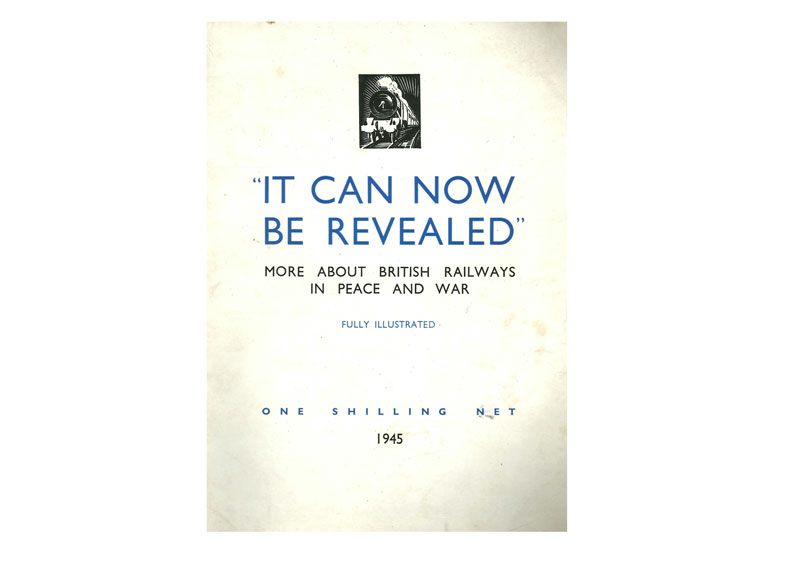Description
Published by the British Railways Press Office, established to represent the GWR, LMS, LNER, SR, and London Transport, this is a well illustrated account of the part railways played in Britain during the Second World War. The author was George Dow, the LNER “Press Agent”. The railways of Britain alienated most of their customers during the war, because the resources of the network were stretched to the limit in transporting fuel, food, raw materials, armaments, ammunition and troops. Maintenance of locomotives and rolling stock was postponed, because the railway workshops were building everything for the was effort from tanks to aircraft, nuts and bolts to howitzers.. Trains were often canceled at short notice, or ran late and heavily overcrowded. Timetables were disrupted by enemy air raids destroying track, bridges and large sections of some stations
Because of censorship, the railways were usually unable to give anything other than vague explanations canceled, disrupted or overcrowded journeys, and to discourage non-essential travel had to run advertising campaigns like “Is your journey really necessary?”
Once D-Day was over and the pressure slightly lessened, an easing of censorship allowed the railways to fight back through the medium of a joint Press Office established initially at Waterloo.
We tend to forget that the railways were not a publicly owned service, but commercial businesses facing strong competition and with thousands of “small investors” depending on the income from their shares for pensions and savings. With nationalisation looming, theyfaced a tough struggle to get a fair deal, particularly after the shabby way government treated them after the Great War.
FOR THE EFFECTS ON INDIVIDUAL RAILWAYS SEE:
War on the Line, by Bernard Darwin, Southern Railway Company London 1946 [ebook]
The LMS at War, by G.C, Nash, London Midland and Scottish Railway, 1946. [ebook]
Dunkirk and the Great Western, by Ashley Brown, Great Western Railway, 1945 [ebook]
PREVIEW BELOW – MAY TAKE A WHILE TO LOAD.

Reviews
There are no reviews yet.